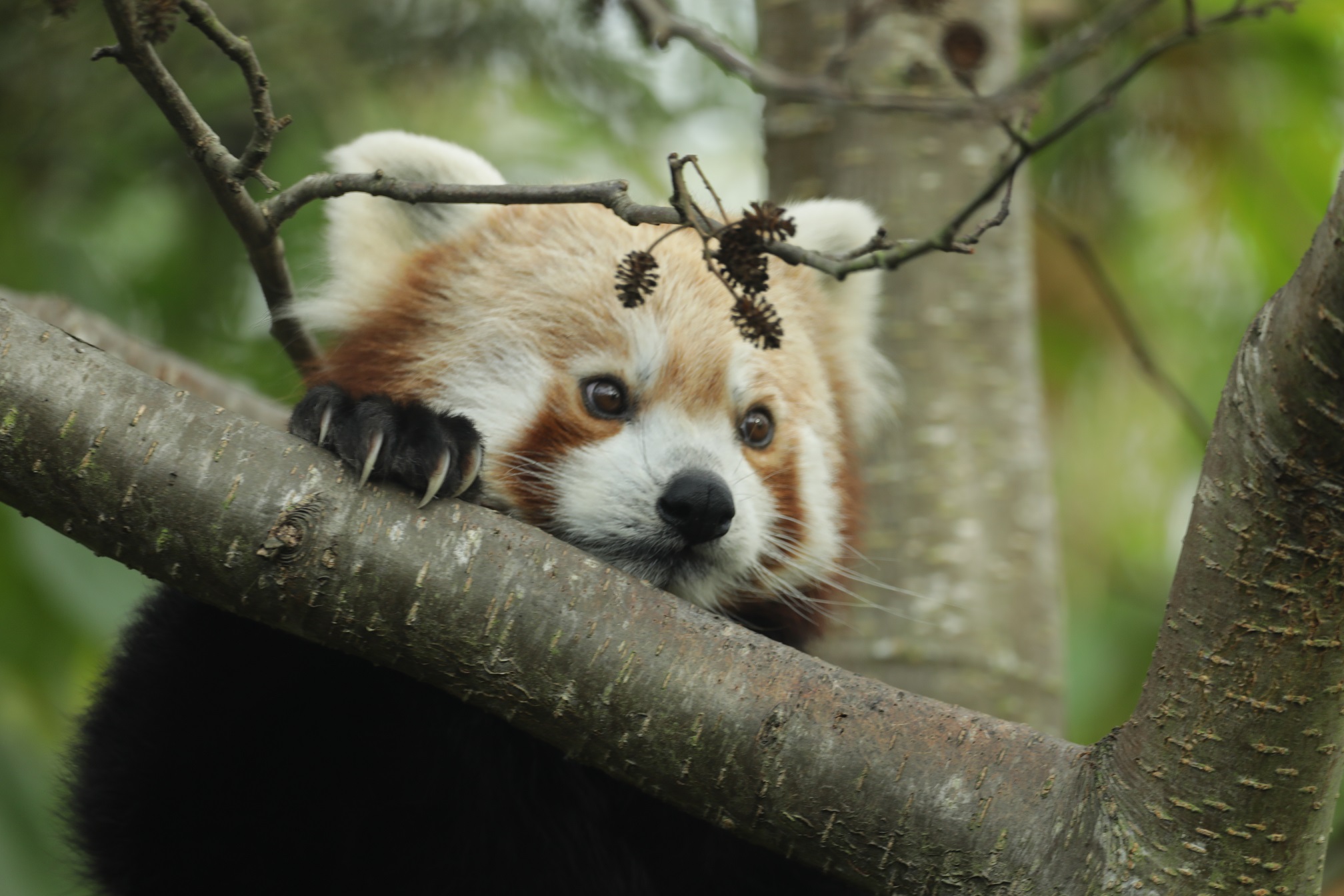At least crocodiles like the rain
Posted 7 Sep 2022

Applying RZSS expertise across the globe
The Royal Zoological Society of Scotland (RZSS) has worked with partners since 2016 to develop the first conservation genetics laboratory in Cambodia.
Our wildlife conservation charity’s experts work with RUPP and other partners in the country, including Fauna & Flora International (FFI), to share our skills and help the dedicated local teams tackle conservation priorities in the region.
The work there focuses on flagship species, the Siamese crocodile and Asian elephant, which we develop genetic tests for at Edinburgh Zoo, then train the teams over at RUPP to conduct the test, the results of which help inform the reintroduction programme led by FFI.
It is truly a collaborative approach, which is why this visit was so important – we were going to the conservation genetics lab to produce their first ever genomic library for the project reintroducing the critically endangered Siamese crocodile to areas in the country.

Transferring techniques
While the pandemic made supporting the new staff across the sea a challenge, we quickly became pros at Zoom calls, of which there were many! We also produced DIY training videos which helped bridge the gap.
However, nothing can beat the knowledge that can be shared face-to-face, so we were glad we could start in-person training sessions again, as well as catch-up with our other in country partners and finally meet them properly.
During this visit, we focused on transferring genetic techniques for freshwater crocodile conservation, very apt considering the amount of freshwater falling from the sky..
Why we are championing the little guys
Cambodia is home to the largest freshwater lake in South-East Asia, Tonle Sap, which increase in size fivefold during the rainy season. A lot of the country gets inundated with water, check out these houses on stilts!
However, Siamese crocodiles have been hunted to near extinction, with only a single remaining population thought to remain in the year 2000. As part of a reintroduction effort, FFI are working with leather farms to remove Siamese crocodiles as part of a conservation breeding for release programme. This programme is aiming to bring the Siamese crocodile back from the brink of extinction in the wild.
This is where genetics (and our expertise) can help, different species of crocodile are purposefully hybridised in farms and are difficult to distinguish by sight. Genetic testing can be used to identify the Siamese crocodiles from the hybrids and other species.
During this visit myself and Liz (RZSS WildGenes senior lab technician) helped the Cambodian lab create their first ever genomic library, a vital step in producing tools for monitoring the crocodiles after release, as they are very difficult to re-find in the large freshwater landscapes. At least all that rain has benefits for the crocodiles!
This is a major step forward for the project and we look forward to going back to further our work with RUPP and FFI. Watch this space for updates…


